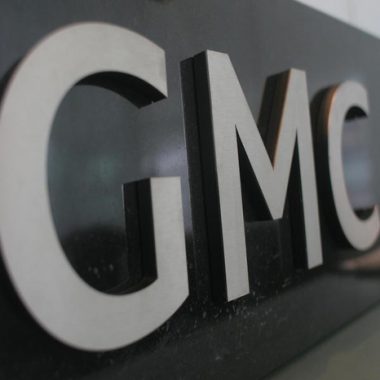Doctors who harm patients to face tougher sanctions, GMC proposes

Doctors who cause harm to patients through clinical error or professional misconduct will face sanctions even if they can demonstrate that their practice has improved, under proposed changes announced by the GMC today.
The independent regulator has opened a public consultation to update its ‘indicative cautions guidelines’ for case examiners in Fitness To Practice (FTP) proceedings. This guidance is used by examiners to decide how to deal with doctors when serious complaints against them are upheld as well as being used to decide whether or not to refer a doctor under investigation to a FTP panel in the first place.
The consultation document, ‘Reviewing how we deal with concerns about doctors’, proposes a number of changes that will allow the GMC to ‘take appropriate action to protect the public interest without being influenced by the personal consequences for the doctor’.
It comes a month after Pulse reported on research published in the BMJ that showed how doctors involved in FTP proceedings due to ill health felt daunted, confused and anxious as a result of the GMC’s ‘accusatory tone’ in FT hearings and correspondence.
Under the proposed changes, the GMC’s Medical Practioners Tribunal Service (MPTS) panels will be able to take ‘more serious action’ against doctors who have failed to ‘work collaboratively’ or raise concerns early on.
Doctors who are shown to have known (or who it is deemed should have known) that they were were causing harm to patients will face restrictions on their practice, suspension, or could have their registration removed – even if they have subsequently retrained or otherwise improved their practice.
If the changes go ahead, MPTS panels will also be able to consider ‘specific aggravating and mitigating factors’ when deciding on what action to take in cases that involve addiction or misuse of alcohol or drugs.
The GMC say that the proposals are designed ‘to protect patients and uphold public confidence in the medical profession’. The results of their consultation will be used to update the guidelines used to decide the outcome of FTP hearings in a way that the body’s chief executive Niall Dickson described as ‘similar to that used in courts in England and Wales’.
Mr Dickson said: ‘In the vast majority of cases, one-off clinical errors do not merit any action by the GMC. But in the small number of serious cases where doctors fail to listen to concerns and take action sooner to protect patients, they should be held to account for their actions.’
He added: ‘The guidance on which we are consulting today is vital for case examiners and the independent panels who decide on the sanctions doctors should face, both to protect patients and uphold the reputation of the profession.’
Other proposed changes include giving MPTS panels the power to force doctors to apologise to patients they have harmed. Those who take part in the consultation will be asked to consider whether a failure to do so may be considered as evidence that the doctor lacks insight into their shortcomings.
Doctors who wish to take part can do so on the GMC website. A report on the outcomes of the consultation will be published in 2015.









